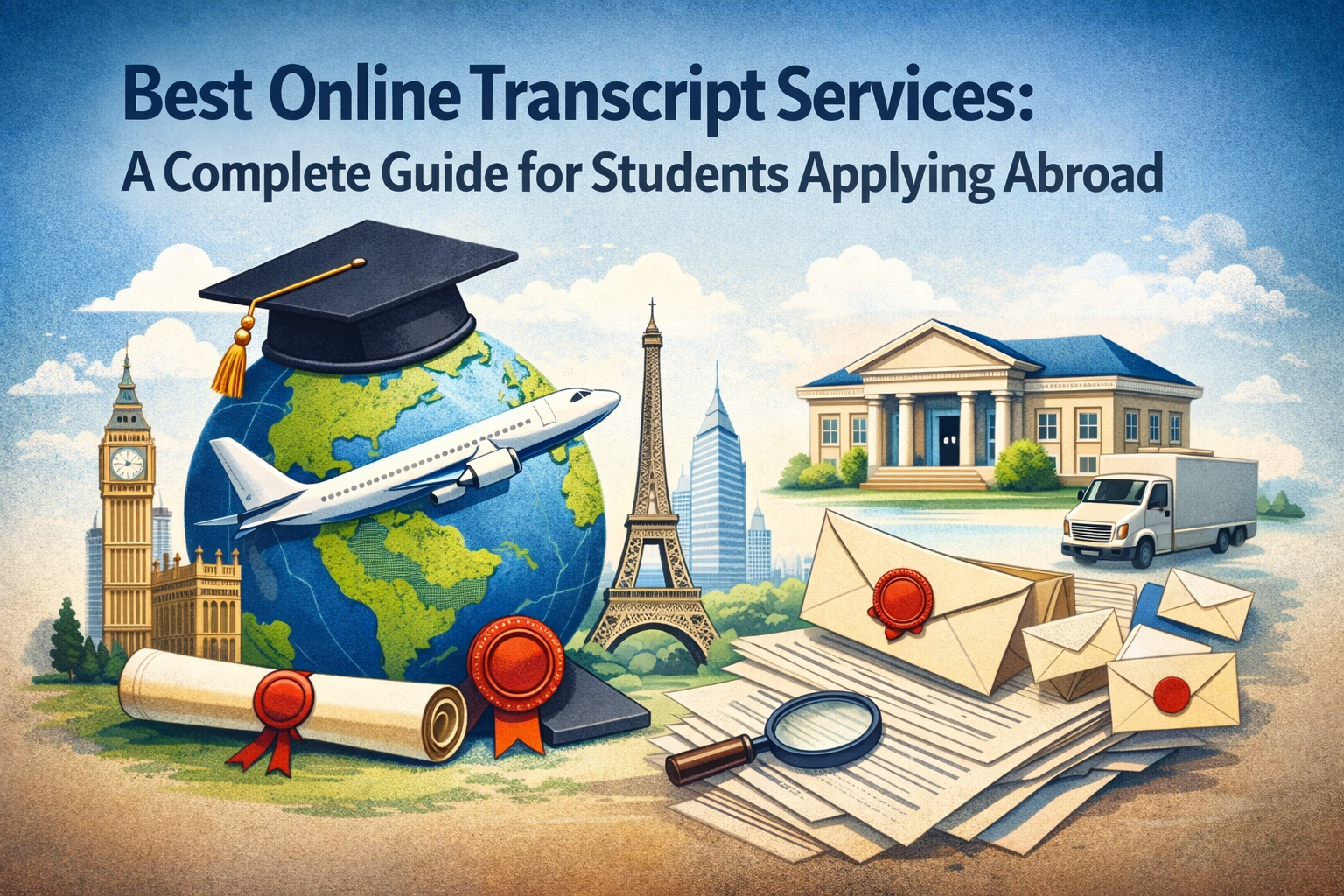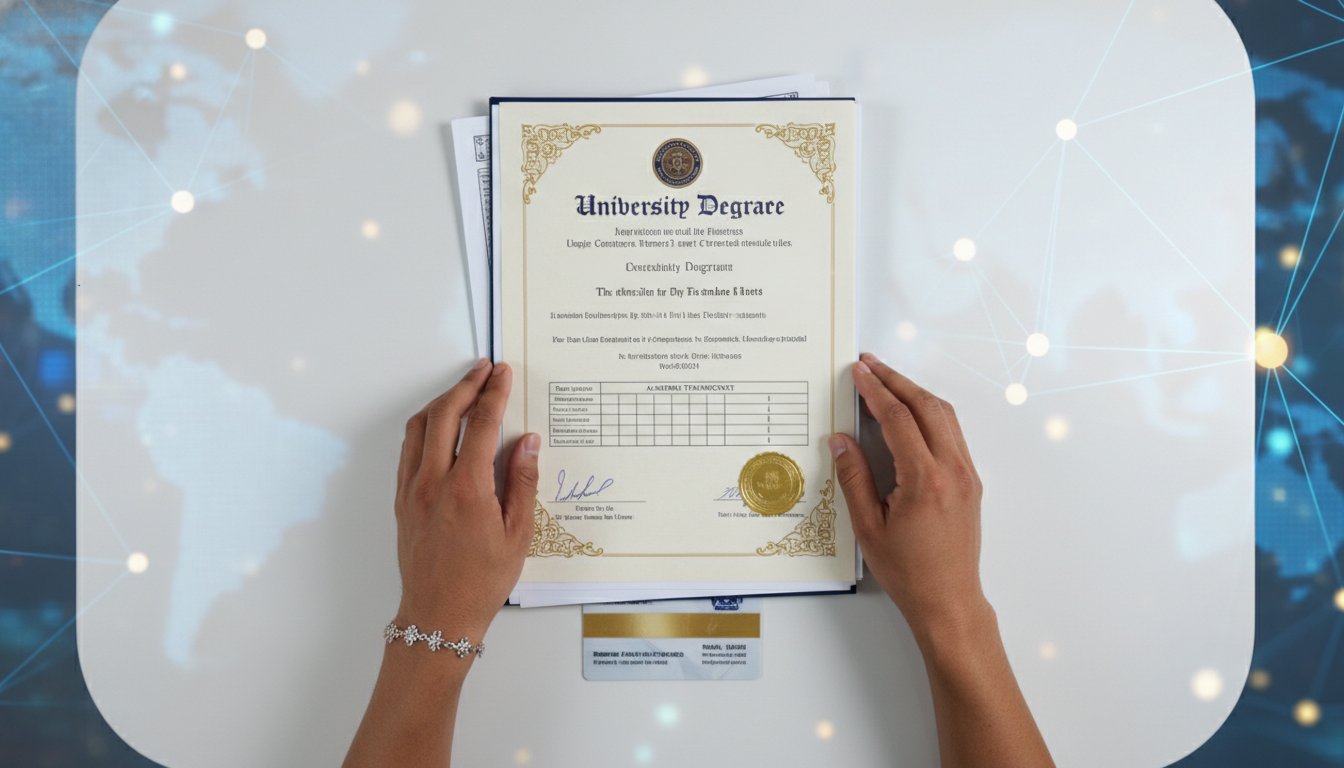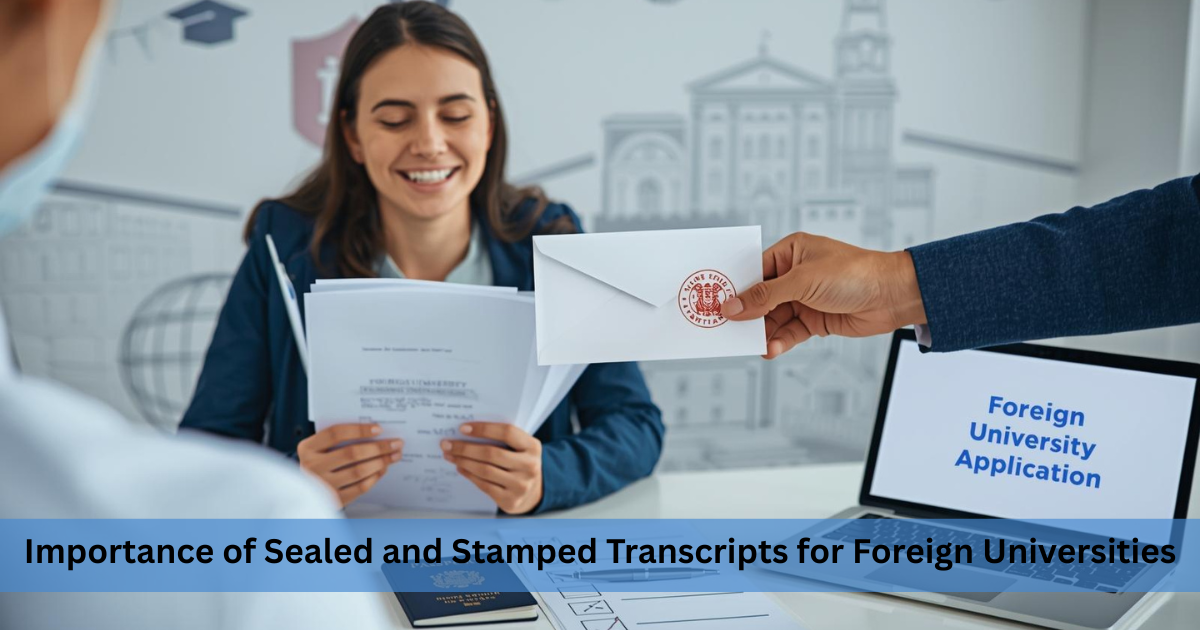Stepping into the realm of higher education in Canada comes with its unique set of challenges and opportunities, particularly when it pertains to the document verification process. As you embark on this academic journey, understanding and navigating through this crucial phase is the key to unlocking the doors to prestigious Canadian universities. Join us as we delve into the intricacies of preparing, submitting, and verifying your documents, ensuring a smooth path toward your educational aspirations.
Need help with the Document Verification Process? Contact Us Now!
Understanding the Importance of Document Verification
Embarking on the journey to study in Canada begins with understanding the significance of the document verification process. This crucial step, often overseen by the admissions offices of Canadian universities, ensures the authenticity and accuracy of the documents submitted by prospective students. Such diligence safeguards the integrity of the institution’s academic standards and maintains fairness among all applicants. It becomes imperative for students to thoroughly comprehend what this process entails and the vital role it plays in their journey to studying in Canada.
Document verification serves as a backbone in the application process for Canadian universities. It extends beyond just assessing academic records; it involves the verification of identification documents, language proficiency certificates, and any other necessary legal paperwork. This meticulous process aids universities in assembling a diverse and capable student body, while also complying with regulatory and accreditation requirements. Hence, the importance of document verification cannot be understated, as it forms the foundation of a credible and successful application.
Read more: Understanding the Importance of Document Verification for International Studies
The Initial Steps: Preparing Your Application
The first stride towards your academic endeavors in Canada involves a well-prepared application. This step is pivotal, as it sets the initial impression with the admissions committee. Preparing your application requires a detailed review of the specific documentation requirements set forth by your chosen institutions. These requirements often vary significantly between universities and programs, emphasizing the need for personalized research and diligence. Ensuring that you have all the required documents, correctly filled out and accurately reflecting your qualifications, becomes the cornerstone of a compelling application.
Equally important in preparing your application is the adherence to deadlines. Canadian universities often have strict application windows, and any submission post these timelines can result in automatic rejection, regardless of a candidate’s qualifications. Planning ahead, creating a comprehensive checklist of required documents, and setting personal deadlines to gather and verify all materials can significantly ease the overall application process. It’s about painting a complete and authentic picture of your academic and personal journey – a narrative that aligns with the values and expectations of Canadian higher education.
Required Documents for Canadian Universities
Diving into the details of the document verification process necessitates a clear understanding of the specific documents required by Canadian universities. Typically, these include your academic transcripts, which provide a comprehensive overview of your educational background, standardized test scores that may include exams like the SAT, ACT, or for non-native English speakers, language proficiency tests such as IELTS or TOEFL. Additionally, letters of recommendation and personal statements or essays play a crucial role in allowing the admissions committee to gauge your capabilities and fit for the program.
Common Verification Procedures at Canadian Universities
Once your application package reaches the university, it undergoes a rigorous verification process. Canadian universities employ various methods to ensure the authenticity of your documents. This can range from direct verification from the issuing authority, the use of digital platforms that authenticate documents electronically, to requiring notarized copies of certain documents. Understanding these common verification procedures can help applicants prepare their documents accordingly, minimizing the chance of delays in the verification process. It’s also beneficial to stay informed about any updates or changes in verification practices, as technological advancements continue to shape these procedures.
In some cases, universities might also conduct interviews as part of their verification process, aiming to directly assess the applicant’s qualifications and intentions. This step, while not universally applied, underscores the importance of authenticity and transparency in your application. Being well-prepared to discuss the contents of your submitted documents, including your academic achievements, extracurricular activities, and future aspirations, reflects positively on your candidature. It’s an opportunity to present yourself beyond the paper, turning the verification process into a platform to showcase your uniqueness and potential contributions to the university community.
Read more: Unlocking Canadian Dreams: A Guide to Transcripts for WES
Dealing with Discrepancies and Delays
Navigating through the document verification process is not without its challenges. Discrepancies between the information provided in your application and the verifying documents can lead to delays in processing. In such instances, proactive communication with the admissions office is key. Providing clarifications, additional documents, or in some cases, undertaking steps to rectify the discrepancies can help expedite the process. Patience and understanding of the university’s verification protocols are essential during this period, as each step taken is in the interest of ensuring a fair and secure admissions process.
Final Steps: After Your Documents Are Verified
The successful verification of your documents brings you one step closer to realizing your dream of studying in Canada. Following verification, it is crucial to stay alert to any further communications from the university. This may include additional requests for information, offers of admission, or instructions regarding visa applications and accommodations. Being responsive and diligent during this final phase ensures that you maintain momentum towards your academic goals, ready to embark on a transformative educational journey in one of the world’s most respected higher education systems.
Unlocking Your Academic Future
As you reach the conclusion of the document verification process for Canadian universities, remember that this crucial step is your gateway to an enriching academic experience. Through careful preparation, attention to detail, and patience, you have navigated through the complexities and are now poised to embark on an exciting journey in the world of Canadian higher education. Remember, each document submitted is a testament to your hard work and dedication towards achieving your dreams. Welcome to the vibrant academic community of Canada!
















 Call Us
Call Us Mail Us
Mail Us WhatsApp
WhatsApp
